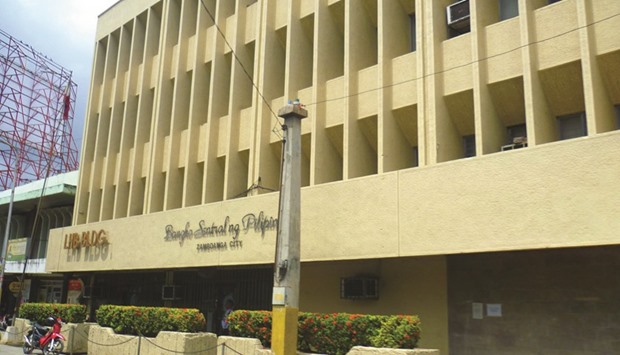The Philippine central bank is bolstering cyber security surveillance to help boost banks’ defences and is looking at regulating bitcoin operators to combat money laundering, a senior official said yesterday.
More banks around the world have fallen victim to cyber attacks that involved the use of fraudulent SWIFT messages, the same technique at the heart of February’s massive theft from the Bangladesh central bank.
The Philippine central bank has set up a separate cyber security surveillance division to craft cyber security policies and conduct surveillance work, monitor cyber threats and test the ability of supervised institutions to manage cyber security issues, Nestor Espenilla central bank deputy governor in charge of banking supervision, said in a lecture organised by the bank.
“We have a core IT supervision group... and within that group we created a new division that is focused on cyber security issues to strengthen our capacity to deal with these,” he said.
Policymakers were also looking at tightening regulations for remittance companies and money changers, and regulating operators of virtual currencies to boost efforts to combat money laundering, he said.
Users of digital currency bitcoin more than doubled in the Philippines in the first half of last year from a year earlier, Espenilla said, while bitcoin transactions purportedly passing through registered companies in the country range from $2mn to $3mn per month based on available estimates.
“That is what we are looking to do, whether it is now time to impose hard regulations for virtual currency operators.
Right now, we look at them as akin to remittance companies,” Espenilla said.
The Philippine central bank revoked the licence of Philrem Service Corp, a remittance company that anti-money laundering investigators said was used to transfer some of the $81mn hackers looted from the Bangladesh central bank.
The Anti-Money Laundering Council issued a complaint against Philrem on April 28, accusing it of hiding the money trail via a web of transfers and currency conversions through Philippine bank accounts, before moving the cash through casinos in Manila and junket operators.
Philrem has denied any wrongdoing.

The Philippine central bank has set up a separate cyber security division to conduct surveillance work, monitor cyber threats and test the ability of supervised institutions to manage security issues.
